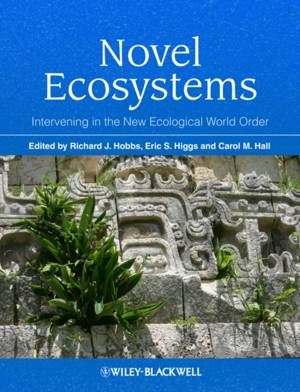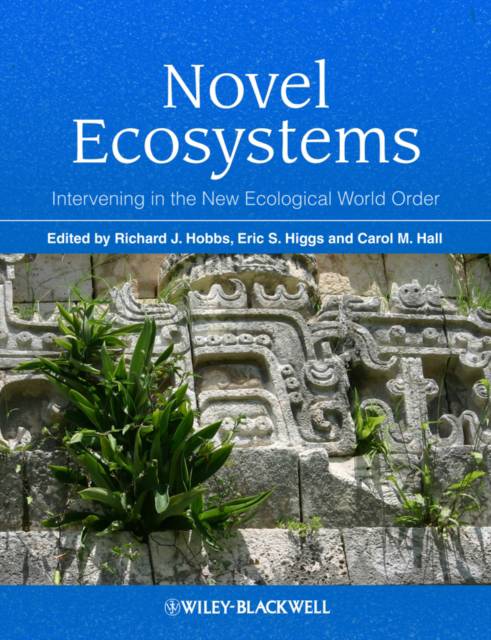
- Afhalen na 1 uur in een winkel met voorraad
- Gratis thuislevering in België vanaf € 30
- Ruim aanbod met 7 miljoen producten
- Afhalen na 1 uur in een winkel met voorraad
- Gratis thuislevering in België vanaf € 30
- Ruim aanbod met 7 miljoen producten
Novel Ecosystems

Intervening in the New Ecological World Order
Richard J Hobbs, Eric S Higgs, Carol HallPrijzen
Omschrijving
Land conversion, climate change and species invasions are contributing to the widespread emergence of novel ecosystems, which demand a shift in how we think about traditional approaches to conservation, restoration and environmental management. They are novel because they exist without historical precedents and are self-sustaining. Traditional approaches emphasizing native species and historical continuity are challenged by novel ecosystems that deliver critical ecosystems services or are simply immune to practical restorative efforts. Some fear that, by raising the issue of novel ecosystems, we are simply paving the way for a more laissez-faire attitude to conservation and restoration. Regardless of the range of views and perceptions about novel ecosystems, their existence is becoming ever more obvious and prevalent in today's rapidly changing world. In this first comprehensive volume to look at the ecological, social, cultural, ethical and policy dimensions of novel ecosystems, the authors argue these altered systems are overdue for careful analysis and that we need to figure out how to intervene in them responsibly. This book brings together researchers from a range of disciplines together with practitioners and policy makers to explore the questions surrounding novel ecosystems. It includes chapters on key concepts and methodologies for deciding when and how to intervene in systems, as well as a rich collection of case studies and perspective pieces. It will be a valuable resource for researchers, managers and policy makers interested in the question of how humanity manages and restores ecosystems in a rapidly changing world.
A companion website with additional resources is available at www.wiley.com/go/hobbs/ecosystems
Specificaties
Betrokkenen
- Auteur(s):
- Uitgeverij:
Inhoud
- Aantal bladzijden:
- 384
- Taal:
- Engels
Eigenschappen
- Productcode (EAN):
- 9781118354223
- Verschijningsdatum:
- 1/04/2013
- Uitvoering:
- Hardcover
- Formaat:
- Genaaid
- Afmetingen:
- 185 mm x 249 mm
- Gewicht:
- 997 g

Alleen bij Standaard Boekhandel
Beoordelingen
We publiceren alleen reviews die voldoen aan de voorwaarden voor reviews. Bekijk onze voorwaarden voor reviews.













